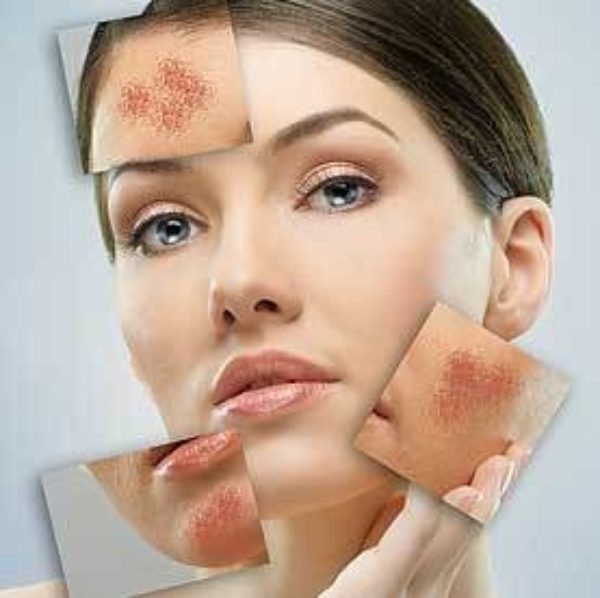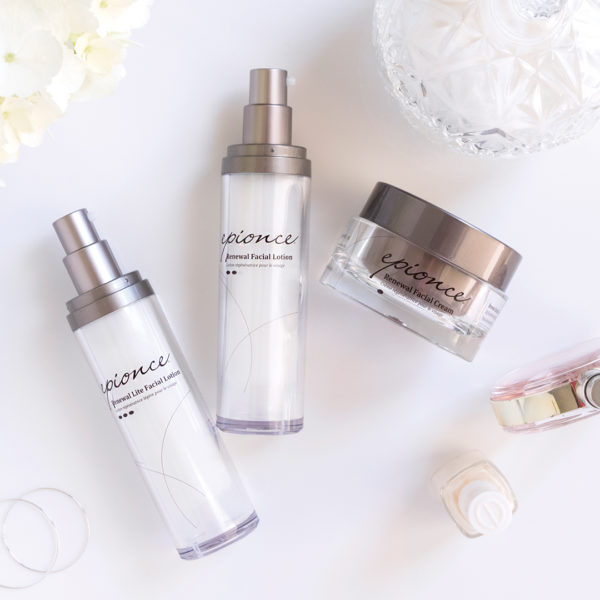The sensitive skin epidemic
9/2/21
With over 50% of the female population now saying their skin is sensitive or very sensitive we all need to be mindful of how to recognise the problem and what to do (and not do) with our skin.

Sensitive skin is a term we use if you are experiencing discomfort in your skin induced by stimuli that you wouldn’t ordinarily expect to cause these sensations. So if you are experiencing feelings such as burning, warmth, tingling, itch, stinging or soreness when you haven’t exposed your skin to something that you would expect to cause these symptoms then you have sensitive skin.
What causes sensitive skin?
- A number of inherited conditions such as eczema, rosacea and psoriasis
- Physical exfoliation
- Chaotic skincare routines with overly complex layering, masking
- Over use of cosmeceutical ranges containing high strength ingredients
- Excessive retinol
- Clinic treatments that are too harsh or repeated too often
Why do pale, rosacea prone skin types suffer from sensitivity? Evidence suggests that these skin types are born with a genetic tendency to sensitive skin which may in part relate to inadequate production of key surface skin lipids combined with excessively irritable inflammatory pathways.
Another all too common reason for sensitivity is overuse of physical exfoliants containing harsh particles or beads that remove too many healthy skin cells and their precious lipids which in turn disrupts the protective function of the upper layer of the skin.
Driven by social media, thousands of self appointed skin experts are encouraging the use of very complex combinations of skincare but with complexity comes an increasing risk of skin cells being overloaded and becoming irritated.
Cosmeceutical ranges focus on high concentrations of so called key ingredients but there is an inescapable fact that as you increase the concentration of any ingredient there is a corresponding reduction in the health of the skin.
Retinol in particular is now massively overused and is the single most common key ingredient that causes irritation. There is a critical amount of vitamin A that skin cells need and once this level is exceeded irritation is increasingly likely.
How can I treat my sensitive skin?
Adopt a skincare routine that makes your skin healthy
- Repair the skin barrier by adjusting the skin lipid ratios back to normal
- Dampen down any chronic inflammation
- Give skin cells a balanced, proportional support to optimise their function

At Woodford Medical we recommend a regime that includes the following
Epionce Renewal moisturisers help repair the skin barrier and dampen inflammation
Epionce Lytic Tx products help retexturise the skin and clear imperfections replacing the need to use physical exfoliants
Epionce Intense Defense Serum contains the correct balance of vitamins A, B, C, D and E in the concentration that skin cells require over a twelve hour period.
For further information please just contact one of our advisors on 01245 227983